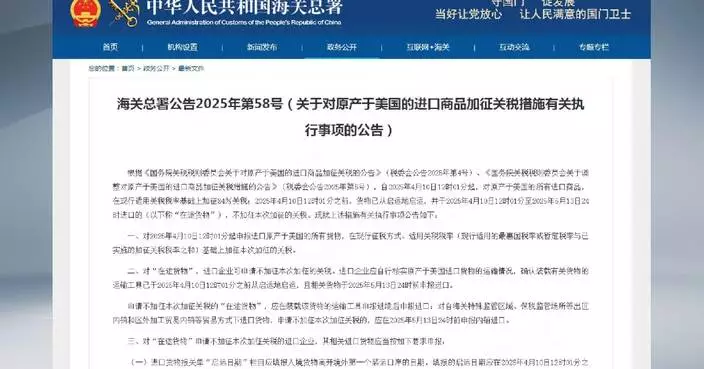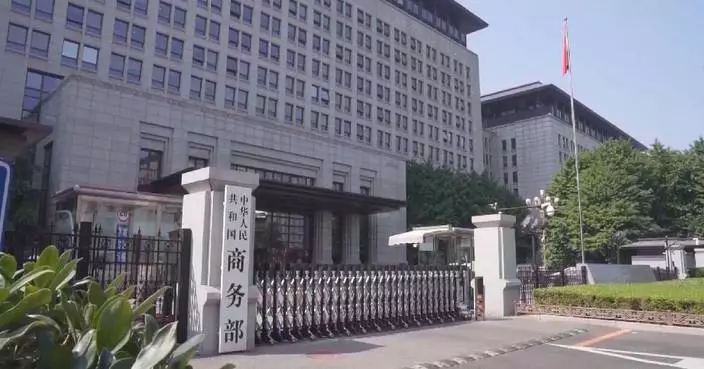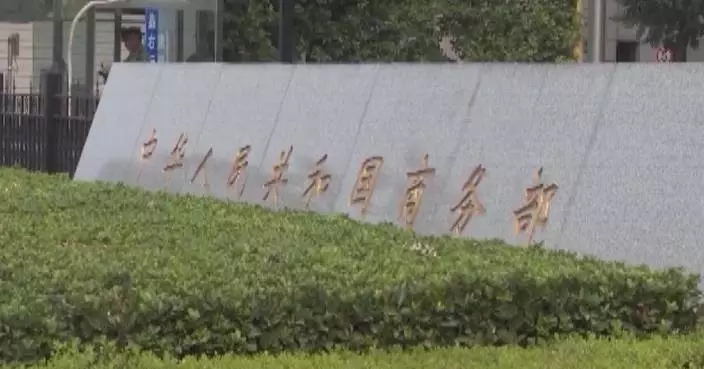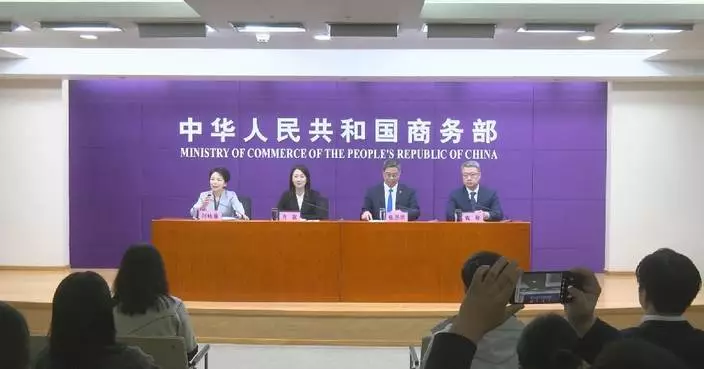U.S. President Donald Trump said on social media Friday that he would grant ByteDance an additional 75-day extension to either sell the popular video-sharing app TikTok to a non-Chinese company or risk being banned in the United States.
In his first term, Trump signed an executive order effectively seeking to ban the app in the United States unless ByteDance sold its U.S. operations to an American company, but the order didn't go into effect amid legal challenges.
Click to Gallery
Trump extends TikTok ban deadline for another 75 days
Trump extends TikTok ban deadline for another 75 days
Trump extends TikTok ban deadline for another 75 days
Trump extends TikTok ban deadline for another 75 days
Trump extends TikTok ban deadline for another 75 days
In April 2024, then U.S. President Joe Biden signed a law that gave ByteDance 270 days to sell TikTok, citing unfounded national security concerns. If the company failed to comply, the law would require app store operators such as Apple and Google to remove TikTok from their platforms starting on Jan 19, 2025.
However, after taking office on Jan 20, Trump signed an executive order to delay the TikTok ban by 75 days "to permit my Administration an opportunity to determine the appropriate course of action with respect to TikTok." That extension was set to expire on April 5.
In the early hours of Saturday, ByteDance announced that negotiations with the U.S. government over TikTok's future are still ongoing, with no agreement yet reached. The company stated that the two sides remain divided on many key issues.
It also emphasized that any potential deal must undergo review procedures in accordance with Chinese laws.

Trump extends TikTok ban deadline for another 75 days

Trump extends TikTok ban deadline for another 75 days

Trump extends TikTok ban deadline for another 75 days

Trump extends TikTok ban deadline for another 75 days

Trump extends TikTok ban deadline for another 75 days
The United States' push to revoke China's Permanent Normal Trade Relations (PNTR) status, or granting the Most Favored Nation (MFN) treatment permanently, is a clear instance of unilateralism and trade protectionism, according to a white paper released by China's State Council Information Office on Wednesday.
The white paper, titled "China's Position on Some Issues Concerning China-US Economic and Trade Relations", aims to clarify the facts about the bilateral economic and trade relations between the two countries and lay out China's position on relevant issues.
The white paper said that the PNTR status is the ballast of China-U.S. economic and trade relations.
The U.S. push to revoke this status violates the rules of the World Trade Organization's (WTO), undermines China-U.S. relations, and disrupts the global economic order, the white paper noted.
According to the white paper, WTO rules require its members to unconditionally grant MFN treatment to all other members, a requirement that has binding legal force.
Over the past two decades, the PNTR has served to stabilize China-U.S. economic and trade relations. Revoking China's PNTR status will see China-U.S. economic and trade relations returning to the uncertainty and unpredictability that preceded China's accession to the WTO in 2001.
China opposes any unilateralist and protectionist acts that sabotage the multilateral trading system and hopes that the U.S. will be clearly aware of the possible harm caused by its attempt to revoke China's MFN status, the white paper said.
The white paper called on the U.S. to work constructively with the overwhelming majority of WTO members in safeguarding a fair and reasonable global economic and trade order and environment.
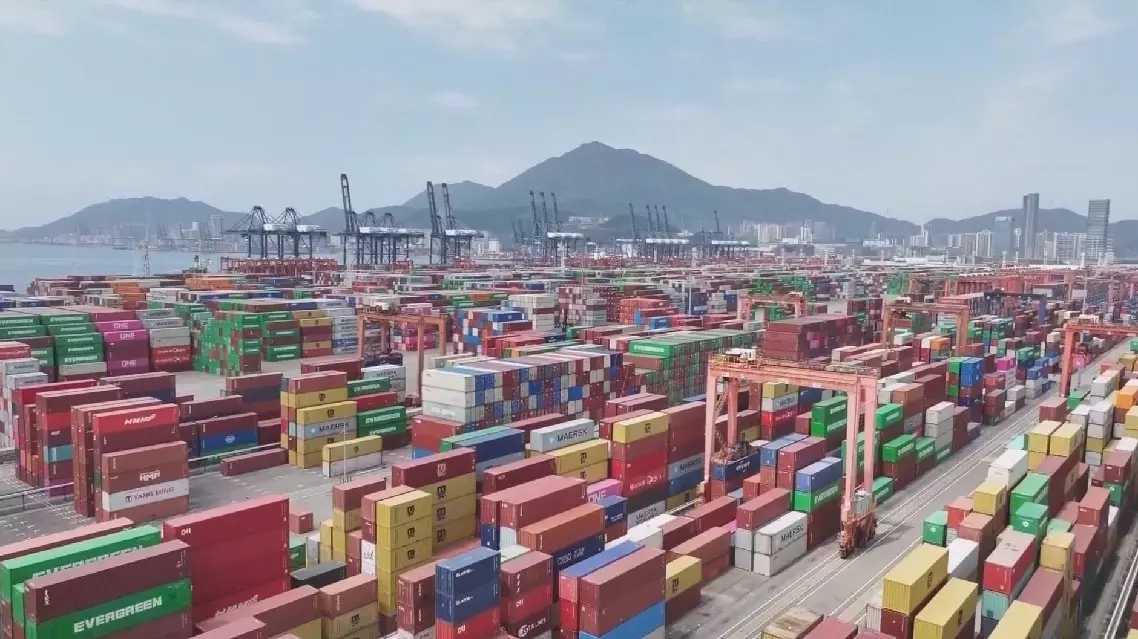
Rescinding China's most favored nation status undermines foundation of China-US trade relations: white paper









